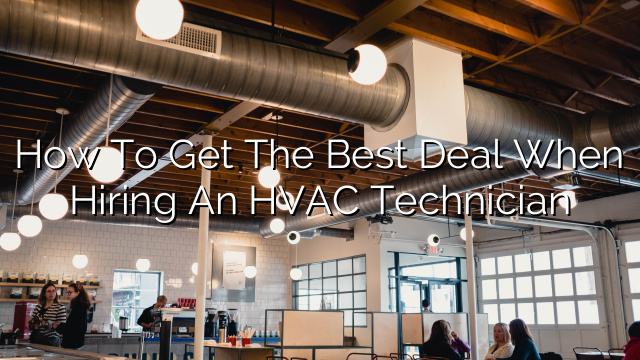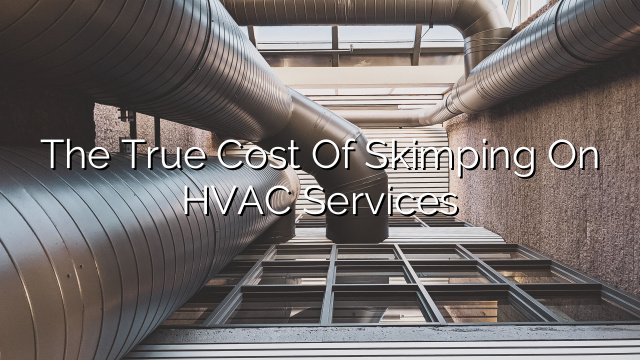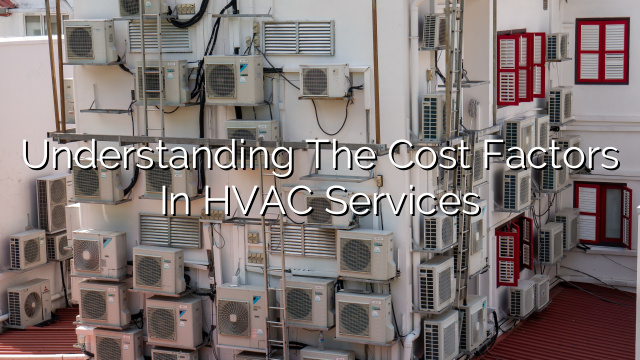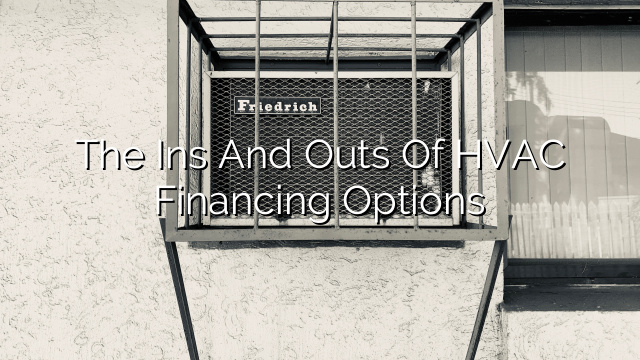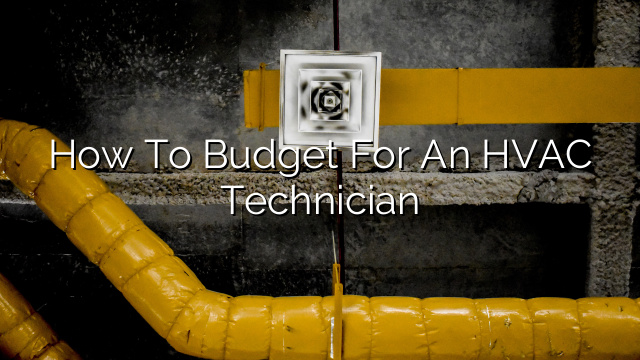HVAC Service Costs: Understanding the Basics
When it comes to maintaining a comfortable home environment, your HVAC (Heating, Ventilation, and Air Conditioning) system plays a pivotal role. Recognizing the importance of this system, homeowners must prepare for the inevitable costs associated with HVAC services. The complexity and variety of services mean that costs can vary widely. In this guide, we’ll explore the factors influencing these expenses and offer tips on hiring professionals and managing finances for HVAC services.
Finding the Right HVAC Service Provider
Identifying Your HVAC Needs
- Repair: If your HVAC unit has unexpected issues, a professional can troubleshoot and fix them.
- Maintenance: Regular check-ups can prevent future problems and enhance the system’s efficiency.
- Installation: When it’s time for a new system, choosing the right installer is critical.
- Emergency Services: Sometimes, urgent situations require immediate assistance.
Qualities to Look for in a Service Provider
- Experience and Expertise: Look for a company with a track record of providing quality HVAC services.
- Licensing and Insurance: Ensure that your contractor holds the necessary certifications and insurance to protect you from liability.
- Reviews and References: Check online reviews and ask for references to gauge previous customer satisfaction.
- Transparent Pricing: A reputable provider will offer clear, upfront pricing without hidden fees.
Cost Factors in HVAC Services
Understanding the Variables
- Type of Service: Installations typically cost more than repairs or maintenance due to the complexity and labor involved.
- Unit Size and Complexity: Larger or more complicated systems can increase the cost considerably.
- Materials and Parts: High-quality components may raise the price but can result in better performance and longevity.
- Labor: Experienced technicians may command higher fees, but their expertise can lead to quicker, more reliable fixes.
- Time of Year: Demand for services can spike during extreme weather, impacting availability and cost.
- Location: Costs can vary by region due to differences in labor rates and living expenses.
Hiring an HVAC Professional: The Checklist
- Research Local HVAC Contractors: Start by compiling a list of potential service providers.
- Verify Credentials: Confirm that contractors are licensed and insured.
- Read Reviews and Testimonials: Look for customer feedback to help narrow down your options.
- Get Multiple Quotes: Contact several providers to compare costs and services offered.
- Ask About Warranties and Guarantees: Quality services often come with a warranty on parts and labor.
- Discuss Maintenance Plans: These can help reduce emergency repair costs in the long run.
- Make an Informed Decision: Choose the contractor that offers the best combination of price, reputation, and service.
Financing HVAC Services
Options to Consider
- Savings: If possible, use savings set aside for home improvements.
- Payment Plans: Some HVAC companies offer financing plans to spread out the cost.
- Credit Cards: For smaller repairs, a credit card might be a convenient option.
- Home Equity Loans: For major system overhauls, a home equity loan can offer low-interest financing.
- Energy-Efficient Financing: Look for programs that offer loans or rebates for energy-saving systems.
Managing Costs
- Preventive Maintenance: Routine checks can prevent expensive repairs and increase system efficiency.
- Energy Usage Adjustments: Simple changes like adjusting your thermostat can lower operating costs and reduce the need for services.
- Upgrades and Replacements: Investing in a newer, more efficient system can save money in the long term despite the initial expense.
Avoiding Unnecessary Expenses
To keep HVAC costs in check, it’s important to avoid unnecessary services. Always seek a second opinion on expensive repairs or replacements, as some contractors might recommend services you don’t truly need. Regularly changing your filters and cleaning vents can also extend the life of your system and prevent larger issues from arising.
FAQs: Common Questions About HVAC Service Costs
- Q: What is the average cost of an HVAC service call?
A: The average cost can vary widely based on location, type of service, and contractor. Typical service calls for repairs might range from $75 to $200, but it’s best to get a specific quote from local providers.
- Q: Can I perform HVAC maintenance myself to save money?
A: Some maintenance tasks, such as changing air filters and keeping the area around your unit clean, can be done yourself. However, more technical aspects should be left to professionals to avoid damaging your system or voiding warranties.
- Q: Are there any government rebates for HVAC systems?
A: Yes, some local and federal programs offer rebates and tax credits for the installation of energy-efficient HVAC systems. Research and contact your local energy office for more information.
- Q: How often should I have my HVAC system serviced?
A: It’s recommended to have your system checked by a professional at least once a year, ideally in the spring for the AC and in the fall for the heating system.
- Q: Will a new HVAC system lower my energy bills?
A: Newer, more efficient HVAC systems can significantly reduce energy consumption, leading to lower utility bills. The amount saved will depend on the efficiency of your old system compared to the new one.



